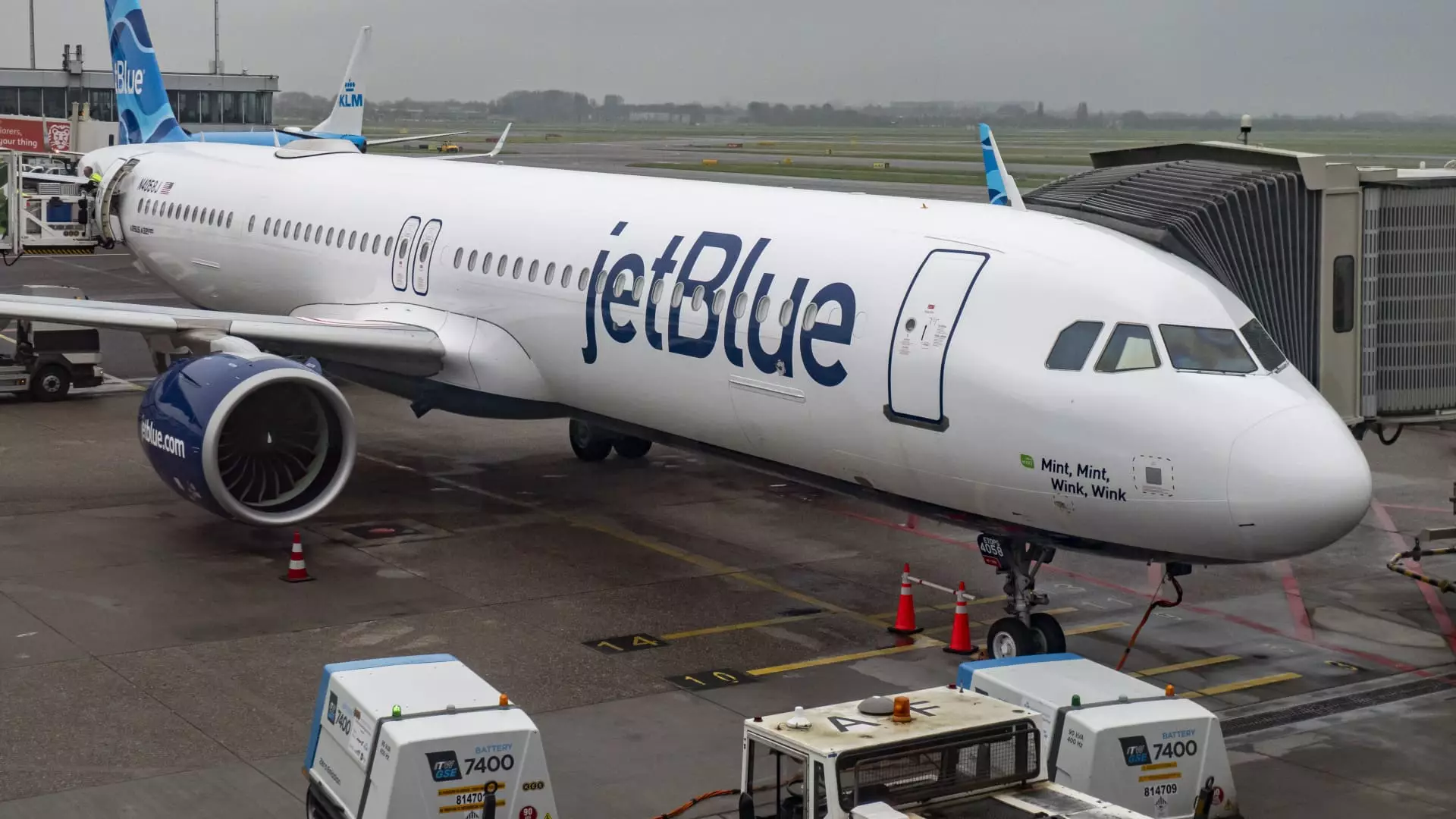In a decisive move to enhance profitability, JetBlue Airways has announced significant changes to its flight routes and operational strategy. These alterations, communicated to staff recently, stem from the airline’s ongoing efforts to streamline operations while responding to shifts in travel demand post-pandemic. The decision to eliminate several unprofitable routes reflects a larger industry trend toward efficiency and resource optimization in a competitive aviation environment.
JetBlue confirmed the discontinuation of service on specific routes, including significant connections from Fort Lauderdale to Jacksonville and various destinations from New York’s JFK airport, such as Austin, Houston, and even San Jose in California. Such moves are not merely financial adjustments; they also signal a recognition of the airline’s operational limitations in certain markets. The discontinuation of the Mint business class on Seattle flights is particularly notable. As JetBlue works to balance its offerings, the aim is to allocate resources toward more lucrative markets.
Despite these cuts, JetBlue’s commitment to maintaining a footprint in Florida remains clear. However, as highlighted by Dave Jehn, the vice president of network planning and airline partnerships, the carrier is grappling with a challenging competitive landscape in markets like Miami, where legacy airlines hold significant dominance. This reality has compelled the airline to reevaluate its market presence and mortality in specific regions, ensuring that staffing aligns with flight operations amidst these changes.
The adjustments come with consequences for JetBlue’s staff, particularly in Miami, where overstaffing is anticipated due to the cessation of certain routes. JetBlue is proactively addressing this issue by offering crew members alternate job options in other serviced cities. This approach underscores the airline’s commitment to its workforce during a tumultuous period while also navigating the complexities of the current market.
Looking ahead, JetBlue plans to unveil new European routes next week, indicating a strategic pivot to invigorate its international presence. However, this initiative includes reducing flights such as the second JFK-Paris route and summer service to London’s Gatwick Airport. These moves underscore JetBlue’s tactical approach to align operations with profitability while responding to emerging travel trends.
JetBlue’s announcement comes on the heels of positive revenue and booking expectations for the closing months of the year, which has buoyed its stock price. The airline’s leadership, under CEO Joanna Geraghty, appears vigilant in maintaining cost discipline while responding to the challenges posed by engine supply issues, particularly with Pratt & Whitney engines.
The response from JetBlue to customer groups affected by these route changes is also telling. By providing alternate flight options and refunds where necessary, the airline demonstrates its commitment to customer satisfaction, even as it navigates a potentially rocky path to recovery. Ultimately, while JetBlue’s strategic route cuts may signal short-term turbulence, they serve as a pragmatic approach to returning the company to a sustainable and profitable operational model in an ever-evolving commercial aviation landscape.

